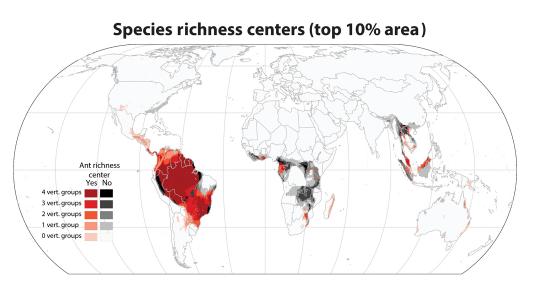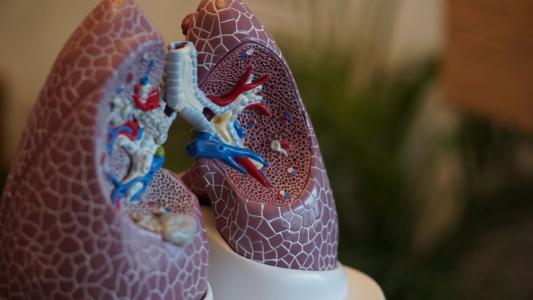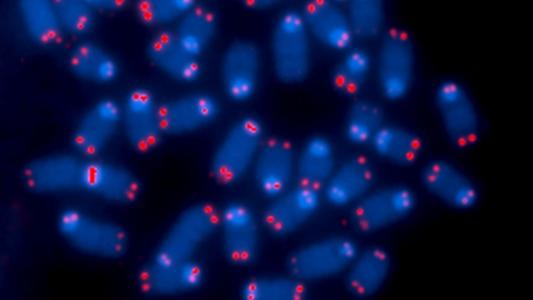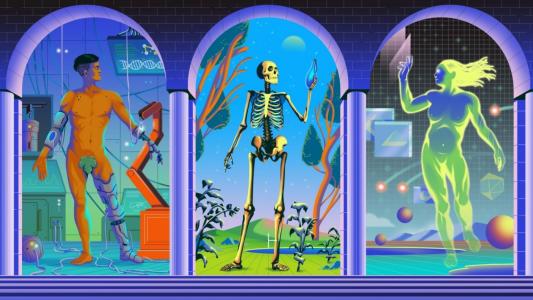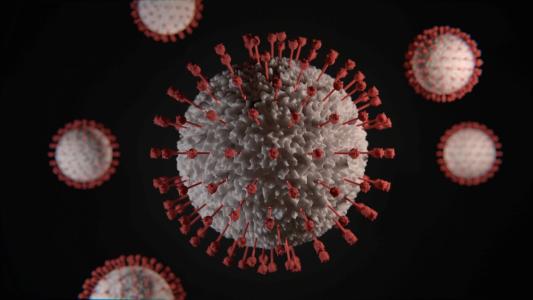Biology
AI has mapped all of the world’s known ant species
Using over a million data points and a machine learning algorithm, a team of researchers has mapped all of the ant species currently known.
Nanoparticle sensor can distinguish between viral and bacterial pneumonia
MIT researchers have designed a sensor that can distinguish between viral and bacterial pneumonia infections.
Cells become zombies when the ends of their chromosomes are damaged
Damage to the ends of the chromosomes can create “zombie cells” that are still alive but can’t function, researchers say.
Only human Lyme vaccine in development enters phase 3 trial
Pfizer and French biotech Valneva have announced a phase 3 clinical trial testing the human Lyme vaccine.
Transhumanism: Savior of humanity or false prophecy?
While many of the technologies upon which transhumanists base their dream are real and world-changing, they have major limitations.
What ever happened to the first cryogenically frozen humans?
For decades, people have arranged to freeze their bodies after death, dreaming of resurrection by advanced future medicine.
Yale team partially revives dead pig organs an hour after death
Yale’s OrganEx technology has been used to partially revive the organs of dead pigs an hour after their hearts stopped beating.
Long COVID-19 and chronic conditions after viral infections may stem from an overactive immune response
Understanding the immunological mechanisms underlying long COVID-19 is the first step to addressing a quickly worsening public health problem.
The Singularity: When will we all become super-humans?
Are we really only a moment away from "The Singularity," a technological epoch that will usher in a new era in human evolution?
ADHD drugs might also treat Alzheimer’s disease
Scientists reviewed 40 years of clinical studies that assessed the effects of NA-targeting drugs, such as certain ADHD drugs, on Alzheimer’s.
